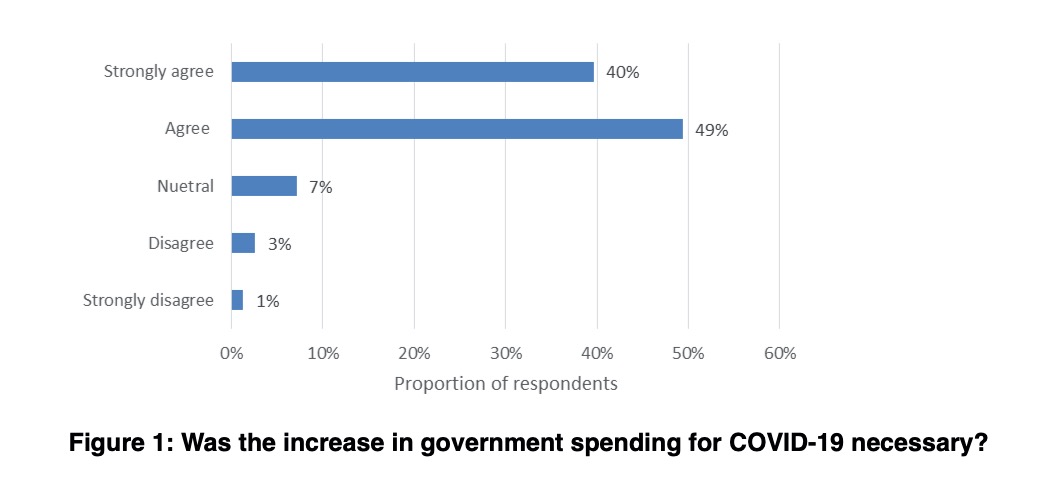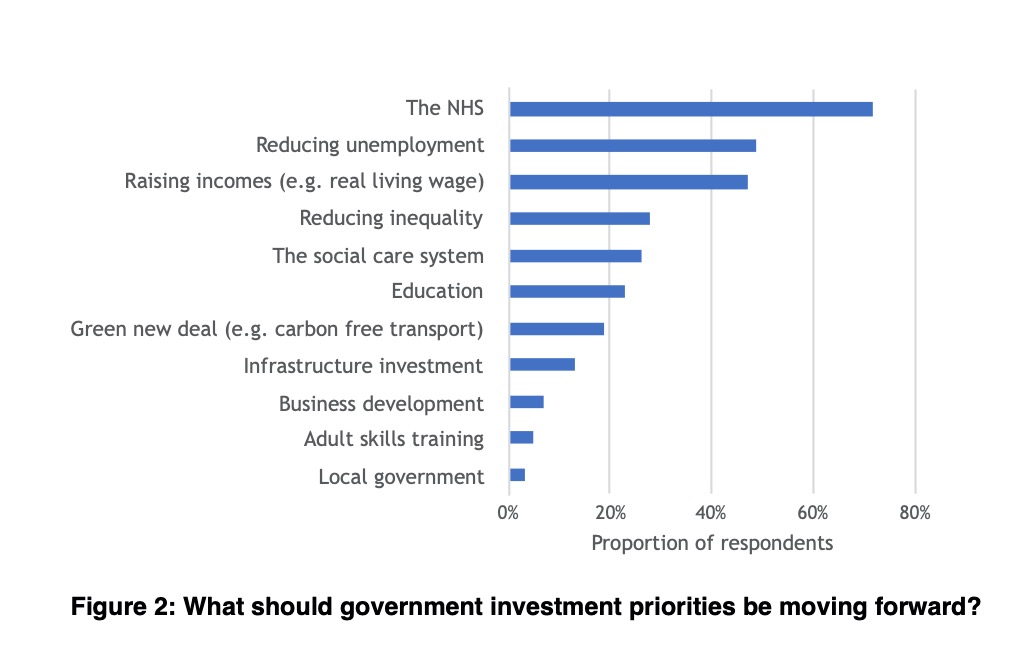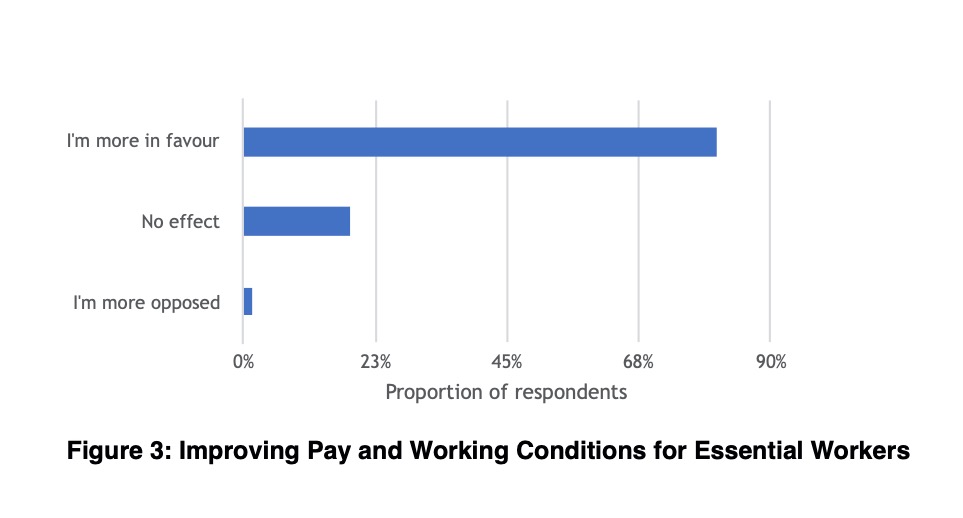The participatory and deliberative democratic ideals that underpin participatory governance have gained much popularity with the media and political elites, with illustrious cases such as recent citizen assemblies in Ireland, the UKand France grabbing headlines. These so-called “invited spaces”, because they are generally top-down and opened by public agencies, have been criticised for sanitising and de-politicising participation. Indeed, right at a time when their numbers are growing, the space for meaningful citizen input is paradoxically constrained by technocratic decision-making and the related rise of authoritarian populism. However, the past decade has also witnessed a global expansion of calls for more transformative democratic participation, driven by anti-austerity movements, from Occupy to the Indignados, climate protests such as Extinction Rebellion, or movements for race equality such as Black Lives Matter.
In our paper, recently published open access in EJPR, we focus on changes in participatory governance in the city of Barcelona, whose recent history has included a significant shift from a top-down approach to participatory governance towards attempts to institutionalise more radical and bottom up forms of participation. Inspired by the demands of social movements following the 2008 financial crash and a period of punitive austerity measures, political actors associated with radical municipalist politics have attempted to reclaim and reinvent participatory governance since coming to city office in May 2015. In the paper we explore how these changes were implemented. We move beyond a static and dichotomous understanding of top-down and bottom-up participation and instead we document their dynamic relationship as part of broader processes of political and institutional change.
From governance-driven democratisation to democracy-driven governance
Our paper begins by conceptualising two forms of participatory governance: Mark Warren’s “governance-driven democratization” and our own concept of “democracy-driven governance”. While it might sound like a tongue-twister, we believe that this distinction is important to capture recent developments in participatory governance. Warren’s governance-driven democratisation describes elite-led participation, which aims to respond to the crisis of trust plaguing representative institutions and help public agencies reach better decisions to increasingly complex issues, while defusing possible conflicts arising from such decisions. Democracy-driven governance, on the other hand, reflects social movement-led participatory governance, which reclaims the spaces of governance-driven democratisation and transforms them into something that can respond to bottom-up demands.
These two concepts are neither fixed nor mutually exclusive. Building on past work that has categorised spaces of participation and begun to theorise their fluidity, we set out to examine more precisely how governance-driven democratisation and democracy-driven governance emerge, develop and interact through a longitudinal analysis of governance changes in Barcelona from the 1980s to the present. We do this in three steps:
· First, we define the shared and divergent characteristics of both concepts. They are both forms of softly institutionalised citizen participation, or what we call routinised participation, but they differ in the reach and scope of the participatory governance they envisage. Governance-driven democratisation seeks to preserve and improve existing institutions by incorporating participation. Democracy-driven governance also seeks institutional improvement but draws much of its inspiration from the prefigurative and effervescent forms of bottom-up democracy that we see when social movements challenge existing arrangements.
· Second, we move beyond presenting a dichotomy by theorising that both forms exist in a dynamic relationship with each other. It is well established in the participatory governance literature that just as “claimed” spacescan close through assimilation, top-down spaces can open “new fields of power” and new opportunities of democratisation. We theorise that regime change, from governance-driven democratisation to democracy-driven governance, can occur at “tipping-points” whereby external shocks, or crises, interact with agential variables such as political leadership and institutional and structural variables such as political and economic context and associational density.
· Third, we put some empirical meat on the bones of this theoretical discussion, through a longitudinal analysis of changes in participatory governance in Barcelona.
The case of Barcelona
Following the democratic transition from Fascism in the 1970s, Barcelona’s participatory governance institutions developed into something closely resembling governance-driven democratisation. Over the 1980s and 1990s, a centre-left leadership oversaw a relatively successful process of post-industrial conversion into a tourism and service-based economy. The participatory infrastructure that had developed as a reaction to Franco’s regime was made functional to this growth model, with opposition placated trough incorporating actors from neighbourhood assemblies. Counter-hegemonic spaces began to flourish where social movements collaborated with critical public servants to develop alternative regeneration models. In what is clearly characteristic of a kind of coexistence and interaction between governance-driven democratisation and democracy-driven governance, Ismael Blanco foresaw that this “alternative network” could prefigure a more radical future approach to urban governance.
The 2008 financial crash and the ensuing period of austerity marked the tipping point that shifted the governance trajectory. Social movements such as the Platform for Mortgage Victims (PAH) and the Indignados emerged nationally, and in Barcelona they led to the formation of the “movement-party” Barcelona en Comú (BeC) which won the 2015 Municipal elections on an ambitious platform, developed through direct forms of citizen participation and calling for social change and the rollback of neoliberalism. Once in government, the new administration embarked on an ambitious reform programme that ranged from public service re-municipalisation to the promotion of co-operative enterprises. Its policy agenda continued to be informed by citizens and social movements, through interlinked online and offline channels of participatory governance that built on and transformed the pre-existing participation infrastructure.
What can we learn from this case?
BeC’s attempts at institutional change faced fierce opposition from a “pro-status quo coalition”, with influence over, and allies in local and national media as well as within the machinery of government. The limited regulatory powers of the City council constrained capacity for radical reforms, and this highlights the importance of democratic decentralisation to enable local projects for democratic deepening.
One of the major strategies followed by BeC to maintain momentum behind its reform agenda was the continued mobilisation of social movement allies. While important tensions arose as policy delivery failed to live up fully to expectations, empirical research highlights that critical social movements continue to see BeC as an ally, though maintaining their contentious capacity. But the stability of these alliances is by no means guaranteed.
We chose Barcelona as a paradigmatic case of the kinds of processes we want to theorise, but we think that the concept of democracy-driven governance travels just as well to contexts that are not as directly linked to the material fallout from capitalist crises. During the COVID pandemic, we witnessed an outpouring of bottom-up social action, not least through autonomous mutual support networks, providing a stark contrast with the more visible centralisation of power as governments entered crisis management. Will the post-Covid-19 world also generate opportunities for transition towards more radical democratisation? Given the connection between COVID and environmental destruction, might we expect calls for democracy-driven governance to arise from environmentalist groups? Further research into the conditions of emergence of democracy-driven governance might also help us to develop understanding of its resilience in the face of constraints and co-optative pressures.
Dr. Adrian Bua is Lecturer in Urban politics at De Montfort University
Dr. Sonia Bussu is Senior Lecturer in Politics and Public Administration at Manchester Metropolitan University


